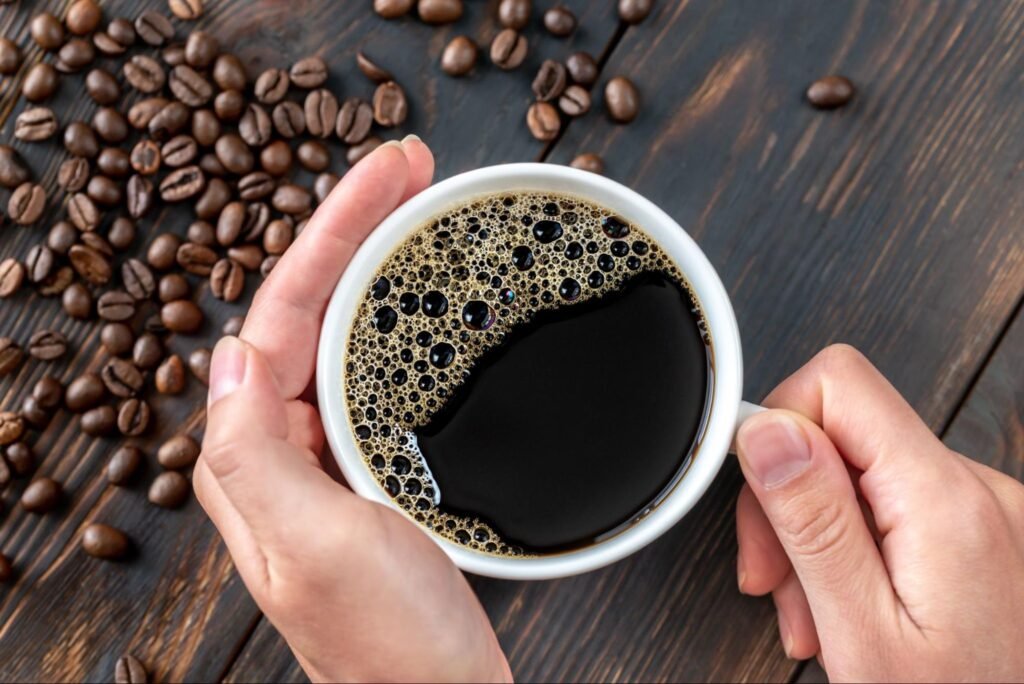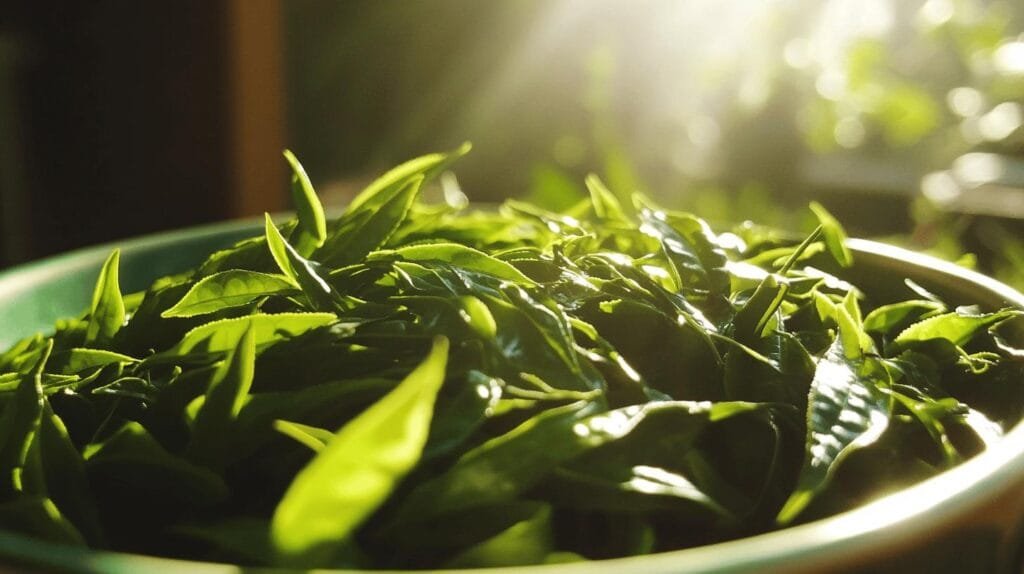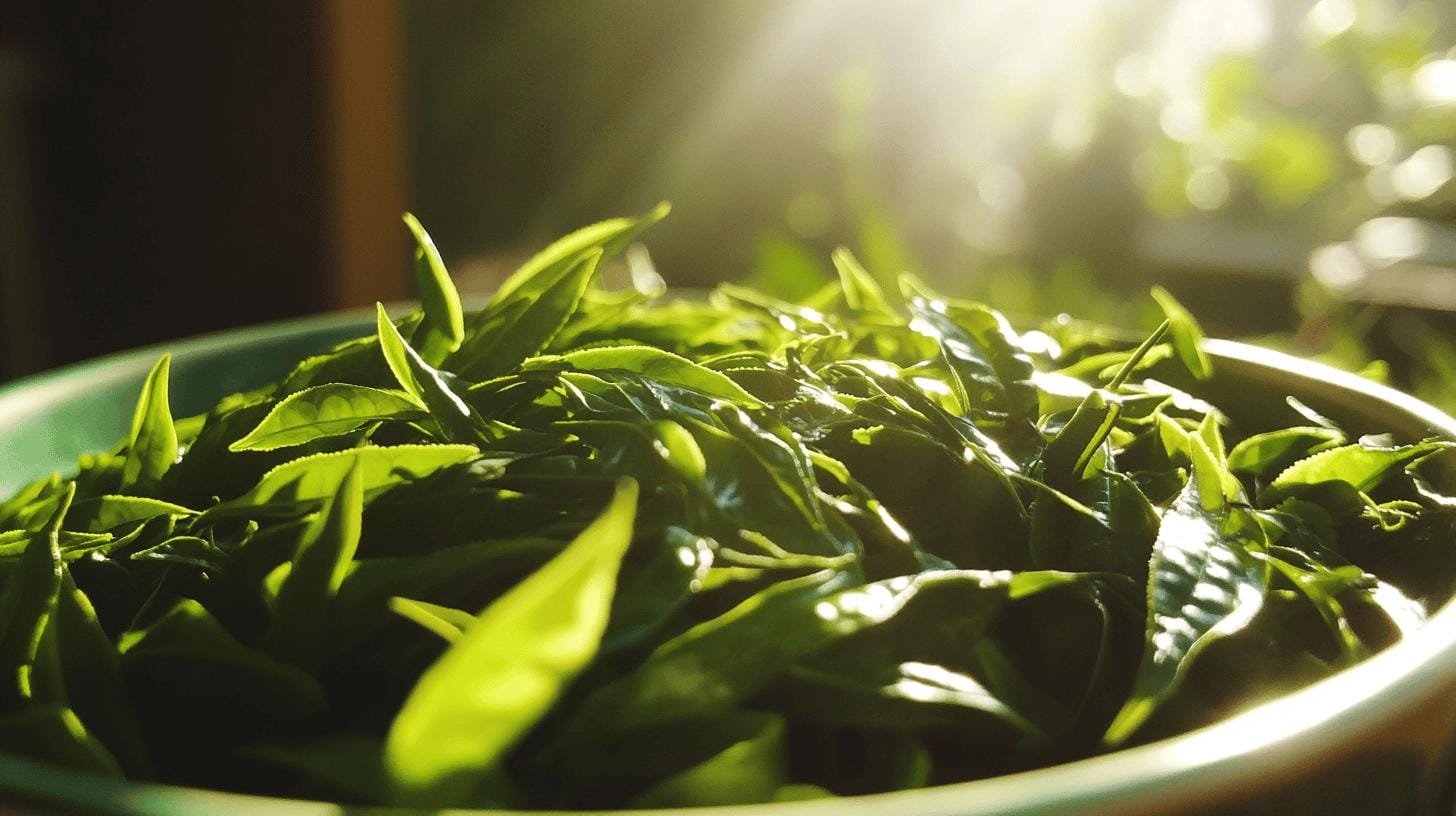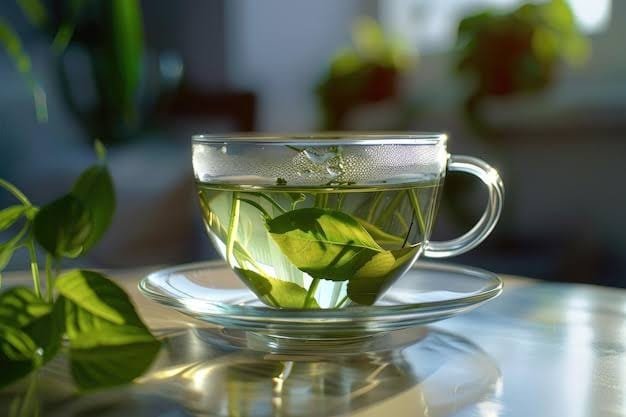
Emerging Approaches Redefining Craft-Focused Customer Experiences
Craft-focused small businesses have always relied on care, precision, and sourcing to stand out. What’s changing now is how those values are shown, not just

Could your morning green tea pack more of a caffeine punch than you realize? While many perceive green tea as a lower-caffeine alternative to coffee, the truth can be surprising. A typical cup of green tea contains a caffeine range of 20 to 45 mg, influenced by factors such as the type of tea leaves, steeping time, and water temperature. Understanding this variation is crucial for coffee aficionados who appreciate a balanced caffeine intake. Uncovering the amount of caffeine in green tea equips you with the knowledge to personalize your brew and enjoy your ideal caffeine level.

A typical cup of green tea contains about 20 to 45 milligrams of caffeine. The exact amount of caffeine in green tea varies based on the type of green tea and how it’s prepared. Green tea has much less caffeine than coffee, often less than half the amount per serving. Several factors influence caffeine levels, including the type of tea leaves, the cultivation method, and the brewing process.
Factors affecting caffeine in green tea include:
These factors are interconnected. The type of tea leaves is crucial as some varieties naturally have more caffeine. Hotter water and longer steeping times extract more caffeine. Steaming tends to preserve more caffeine than pan-frying. Also, younger leaves and buds usually contain more caffeine. Understanding these factors helps in customizing your brewing to control caffeine intake.
Green tea generally has 20 to 45 milligrams of caffeine per cup. Let’s compare this with coffee, which has about 96 milligrams per 8-ounce cup. Coffee clearly has more caffeine, making green tea a good choice for those wanting less caffeine and coffee a good option for those who want a stronger stimulant effect. Regular coffee offers this due to its higher caffeine content.
Black tea, another popular option, usually contains about 50 milligrams of caffeine per serving. It sits between green tea and coffee in caffeine content. Matcha green tea is an exception, often having caffeine levels similar to coffee, with up to 136 milligrams per cup. This happens because matcha involves consuming the entire tea leaf in powder form, offering a concentrated caffeine boost.
The amount of coffee in green tea depends on cultivation and the leaves used. Shaded varieties like Gyokuro often have higher caffeine. Shading makes plants retain more caffeine. Younger leaves and buds have more caffeine than older ones.
Processing methods also matter. Steaming, common in Japanese green teas, usually preserves more caffeine compared to pan-frying used in Chinese teas. This difference affects the final caffeine level.
Brewing choices further influence caffeine. Hotter water and longer steeping times extract more caffeine. For a milder boost, use cooler water and shorter steeping. Various types of green tea offer different caffeine levels. Standard types like Sencha have moderate caffeine, but options like Hojicha are lower. Matcha, with powdered leaves, usually contains more.

Caffeine in green tea has health benefits. L-theanine, an amino acid in it, reduces caffeine-related jitters, offering a calm but alert energy boost. Green tea’s rich in antioxidants, especially EGCG, helps combat oxidative stress, promoting better health.
While beneficial, caffeine can have side effects, especially if sensitive. Effects last 4 to 6 hours, so late-day consumption might disturb sleep. Sensitive individuals could experience anxiety, increased heart rate, or digestive issues. Monitoring intake can help in enjoying green tea without side effects.
Decaffeinated green tea is perfect for those reducing caffeine. It contains less than 5 milligrams of caffeine per cup, offering flavor and antioxidants without much caffeine.
You can also adjust brewing techniques to manage caffeine. Use cooler water and shorter steeping times to reduce caffeine. Water below boiling, steeped for less than three minutes, results in a milder tea with less caffeine while keeping the taste.
To avoid caffeine entirely, consider caffeine-free herbal teas like chamomile, peppermint, or rooibos. They provide diverse flavors without caffeine, suitable for any time and a refreshing change for tea lovers.
Understanding the amount of caffeine in green tea reveals its unique position among caffeinated beverages. Green tea’s caffeine content, ranging from 20 to 45 mg per cup, is balanced by its beneficial compounds like L-theanine, offering a calming alertness. The comparison with coffee and black tea highlights green tea as a moderate option for managing caffeine levels. Exploring factors affecting the amount of caffeine in green tea equips enthusiasts with knowledge to tailor their tea experience. With diverse options and careful brewing, green tea provides a delightful balance of enjoyment and wellness.
A typical cup of green tea contains 20 to 45 mg of caffeine. In contrast, an 8-oz cup of brewed coffee has about 96 mg. This means coffee generally contains more caffeine than green tea.
An 8-oz cup of black tea contains approximately 50 mg of caffeine, whereas green tea typically contains 20 to 45 mg. Thus, black tea has more caffeine than green tea.
Yes, even 100% natural green tea contains caffeine, typically ranging from 20 to 45 mg per cup, depending on type and preparation.
For most adults, 200 mg of caffeine is considered moderate. However, individual tolerance varies, and sensitive individuals may experience side effects at lower doses.
Drinking green tea before bed may disrupt sleep for sensitive individuals due to its caffeine content. Opt for decaffeinated green tea or allow several hours before sleeping if caffeine sensitivity is a concern.
Most adults can consume up to 400 mg of caffeine per day without adverse effects. Consuming substantially more can lead to health issues like insomnia and increased heart rate.

Craft-focused small businesses have always relied on care, precision, and sourcing to stand out. What’s changing now is how those values are shown, not just

How can brands create a more balanced and memorable customer experience by blending artisanal product quality with thoughtful everyday rituals that keep people coming back?

Independent coffee shops have always been about more than caffeine—they’re hubs of creativity, connection, and care. As café culture continues to evolve, new trends are

Introduction Independent cafes win when they feel like the neighborhood’s living room and operate with the discipline of a great kitchen. Below is a quick

Discover how top specialty coffee brands create lasting loyalty through storytelling, sourcing, and community connection. Real tips from 6 industry experts.

Discover the ultimate showdown between two beloved coffee brewing methods: the French press and Chemex. Explore how each technique caters to distinct palates, with the French press delivering bold flavors and the Chemex presenting a bright, clean taste.

Unlock the secrets to brewing the perfect cup of coffee with our comprehensive guide on using a coffee scale. Discover how precise measurements enhance flavor and consistency while eliminating bitterness.

Discover how water temperature plays a vital role in brewing the perfect cup of coffee. This article delves into the ideal temperature range of 195°F to 205°F for optimal flavor extraction, enhancing the enjoyment of high-quality beans.

Discover the world of curated specialty coffee bundles, perfect for enthusiasts seeking quality and craftsmanship. This article explores the benefits of ethically sourced, small-batch beans from brands like Equipoise Coffee, offering diverse flavor profiles that elevate your brewing experience.